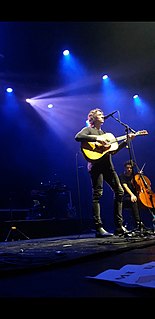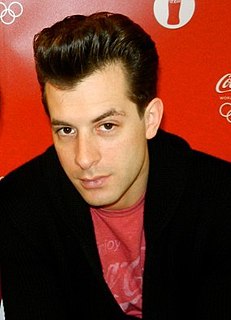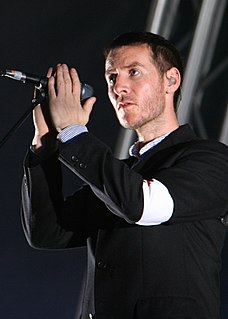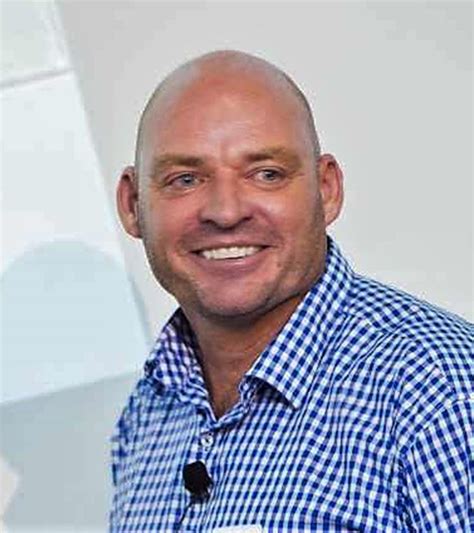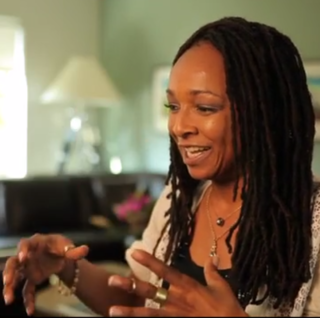A Quote by John Seabrook
MTV refers to its audience as 'the demo.' Being 'in the demo' means being in the demographic sweet spot that advertisers want their programming to hit, which is ideally between 18 and 24.
Quote Topics
Related Quotes
Luther Vandross was doing fine, but he said, "Man, I want to do my own project." So he got us all to do a demo, and that demo was "Never Too Much." It took him a year and a half to get signed, because he didn't have a gimmick. The record companies were looking for his gimmick. They said, "What's your gimmick?" He said, "I sing. That's my gimmick." Anyway, he finally got signed and the record was released, and the rest was history.
Andrew [Ridgeley] and I had demoed a couple of our songs very cheaply, and we weren't expecting any kind of record deal. We just walked around with our demo tape, trying to find someone to give us the money to demo properly. Instead of that, we got a record contract. It was just an incredibly lucky break.
So when I was working with Amy Winehouse on "Back To Black," you know, she had all these beautiful songs, incredibly well-written and just her on an acoustic, nylon-string guitar. And she'd play them for me, and then I would kind of drum up my idea of what I thought - make a demo with what I thought the drums should be doing, the guitars - like, quite a crude demo.
I brought the music out to L.A., and the producer Tommy LaPuma heard it and he said - "Man, I love it. Let's do it. Let's record it." I said, "Okay, where's the band?" He said, "We don't have a band. We want it to sound exactly like your demo." I said, "Well, I played all the instruments on the demo." You do that when you're making demos. You got your guitar, you got your sax. He said, "Well, I want it to sound just like that, so get all your instruments out here." So I ended up playing all the instruments.
When we recorded the song I Just Can't Stop Loving You, my vocal range is a little higher than Michael's range. He had me re-sing the demo in the new key. Then doing that he filmed me singing this demo in the new key. I actually said, "What are you doing? Why are you filming this?" He said to me, "Because I want to sing it like you. You sound so great and I want to sing it just like you." I said, "Oh, great, Mike, my friends are really going to believe me when I tell them that Michael Jackson wanted to sing this song just like me." We laughed about that.
With MTV in the '80s, you made your album but then you needed to use any money you made to create a video - instead of being able to use that money to pay for you and your band to live on while you wrote new songs. So MTV upped the ante of looking for one hit. Conceptual bands who didn't have a hit were going to lose.


